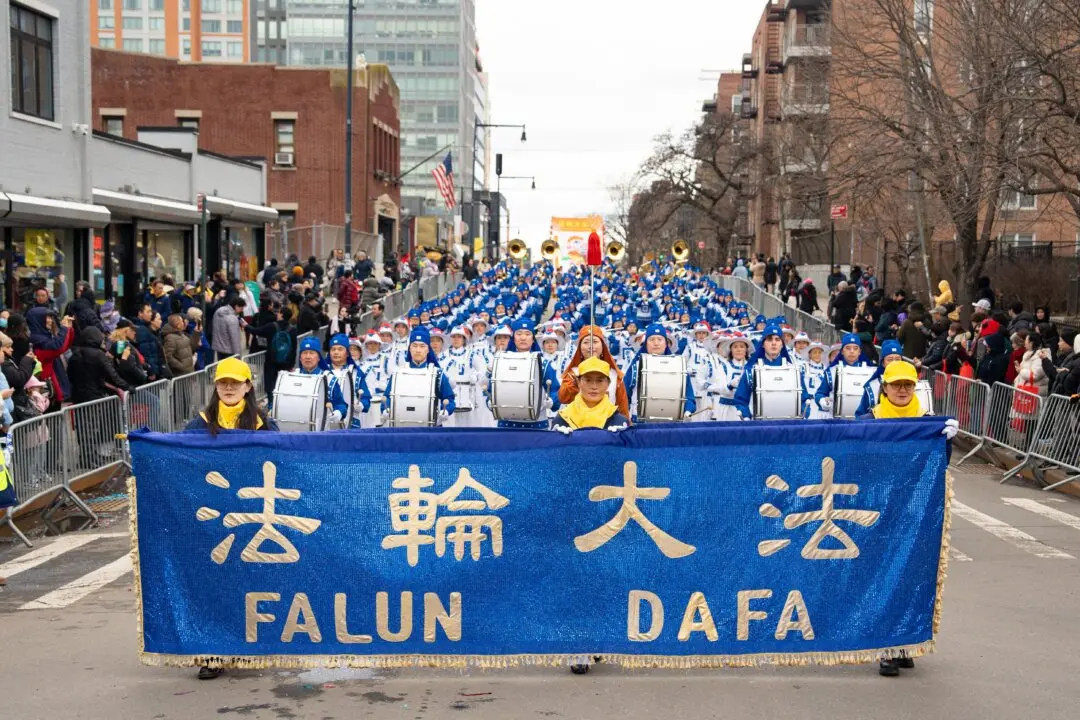The lawyer to Joseph Mifsud, one of the central figures of the 2016 Russia investigation, said his client had until recently lived in Italy, but that Mifsud went into hiding again after the release of the final report by special counsel Robert Mueller.
Mifsud’s whereabouts had been unknown since about May 2018, after his name was outed by media in connection with the Russia investigation that was started by the FBI and taken over in 2017 by Mueller.





